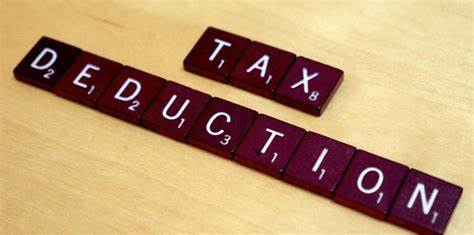State of Karnataka
Vs.
Reddy Structure (P.) Ltd.
1. Heard learned counsel for the parties. These revision petitions are placed before us for admission. By consent, they are heard for final disposal at this stage. Learned Senior Counsel appearing for the respondent at the outset invites our attention to the recent judgment of the Supreme Court in Larsen & Toubro Ltd. v. State of Karnataka MANU/SC/0985/2013 and submitted that the question raised in these petitions is squarely covered by the said judgment.
2. Having confronted with this, learned counsel appearing for the petitioner does not dispute the submission advanced by learned senior Counsel for the respondent.
3. According to the learned senior Counsel for the respondent, only the following (the first) question arise for our consideration. Learned counsel for the petitioner fairly states that other two questions, as framed in the memorandum of petitions, are just a repetition of the first question and they need not be considered independently. The first question reads thus:–
“(1) Whether on the facts and in the circumstances of the case and in law the Tribunal is justified in giving a finding that deducting the value of land from the total receipt of the builder is impermissible, but only value of the transfer of property in goods has to be considered for the purpose of assessment by adding G.P., as the same is against provisions of law?”
In short, the question that falls for our consideration is whether the land value should form part of taxable value for levy of V.A.T. or Sales Tax?
4. We have perused the judgment of the Supreme Court in Larsen & Toubro Ltd. (supra). It would be advantageous to reproduce the relevant portion of paragraph 100 of the said report, which reads thus:
“100. We have no doubt that the State Legislatures lack legislative power to levy tax on the transfer of immovable property under Entry 54 of List II of the Seventh Schedule. However, the States do have competence to levy sales tax on the sale of goods in an agreement of sale of flat which also has a component of a deemed sale of goods. Aspects theory though does not allow the State Legislature to entrench upon the Union List and tax services by including the cost of such service in the value of goods but that does not detract the State to tax the sale of goods element involved in the execution of works contract in a composite contract like contract for construction of building and sale of a flat therein.”
The Supreme Court further in paragraph 101 of the report summarized the legal position. For our purpose, sub-para (xi) of paragraph 101 is relevant, which reads thus:
“(xi) Taxing the sale of goods element in a works contract under Article 366(29A)(b) read with Entry 54 List II is permissible even after incorporation of goods provided tax is directed to the value of goods and does not purport to tax the transfer of immovable property. The value of the goods which can constitute the measure for the levy of the tax has to be the value of the goods at the time of incorporation of the goods in works even though property passes as between the developer and the flat purchaser after incorporation of goods.”
5. From bare perusal of the observations made by the Supreme Court in paragraph-100 and the conclusion drawn in sub-paragraph (xi) of para-101, it is clear answer to the question raised in the revision petitions. We do find ourselves in agreement with learned senior Counsel for the respondent that the question raised in these revision petitions is squarely covered by the judgment of the Supreme Court in Larsen & Toubro Ltd. (supra). Learned counsel for the petitioner does not dispute this legal position. Hence we answer the substantial question of law in favour of assessee and against the Revenue.
6. Before we part, we record the statement of learned senior Counsel for the respondent, made on instructions from his client who is present in the Court, that the respondent-developer has paid V.A.T./Sales Tax on the entire material cost that was used for construction of the building and in the present case, the only question is deduction of land cost. His statement is accepted and record. It is open to the petitioner, if they find it necessary to verify correctness of the statement and if they find it incorrect, they may take appropriate steps against the assessee in accordance with law. With these observations, this group of sales tax revision petitions is disposed of. No costs.
Deduction of Value of Land in arriving at the consideration

